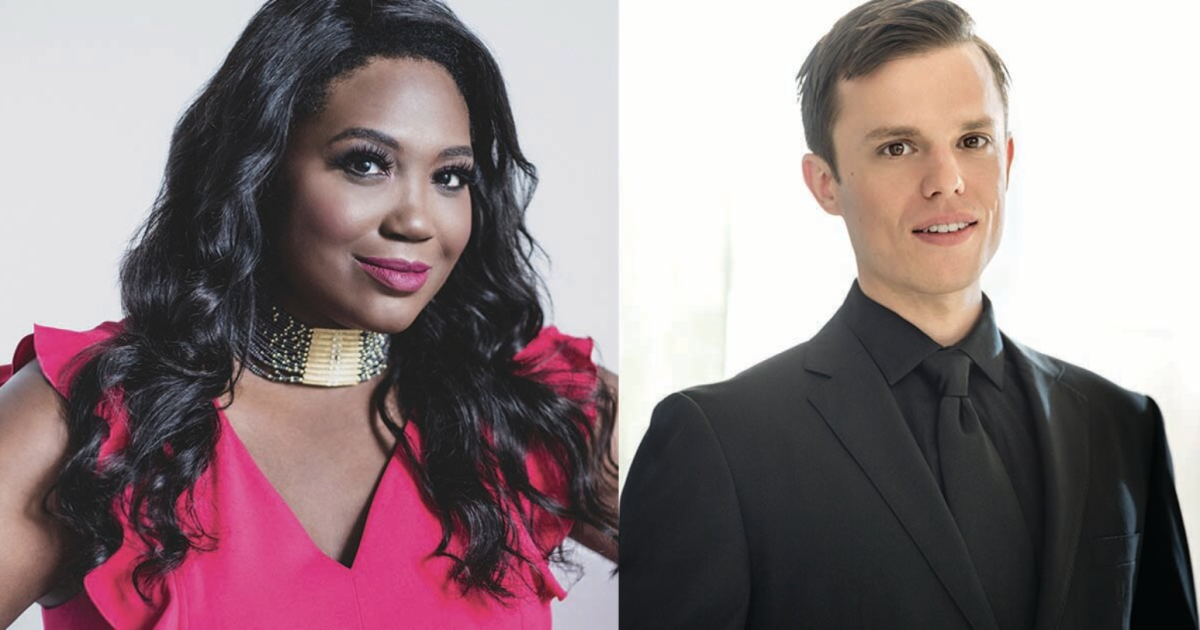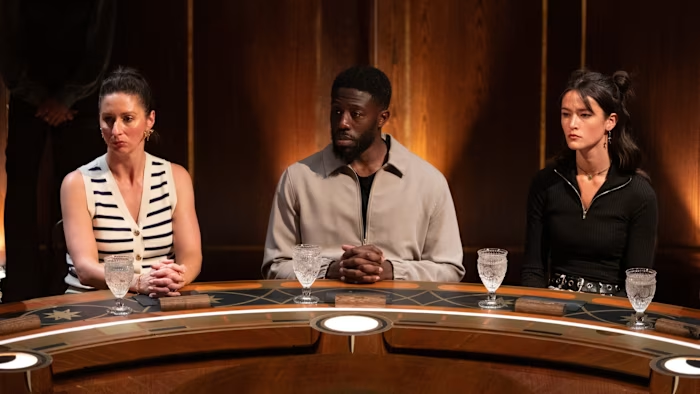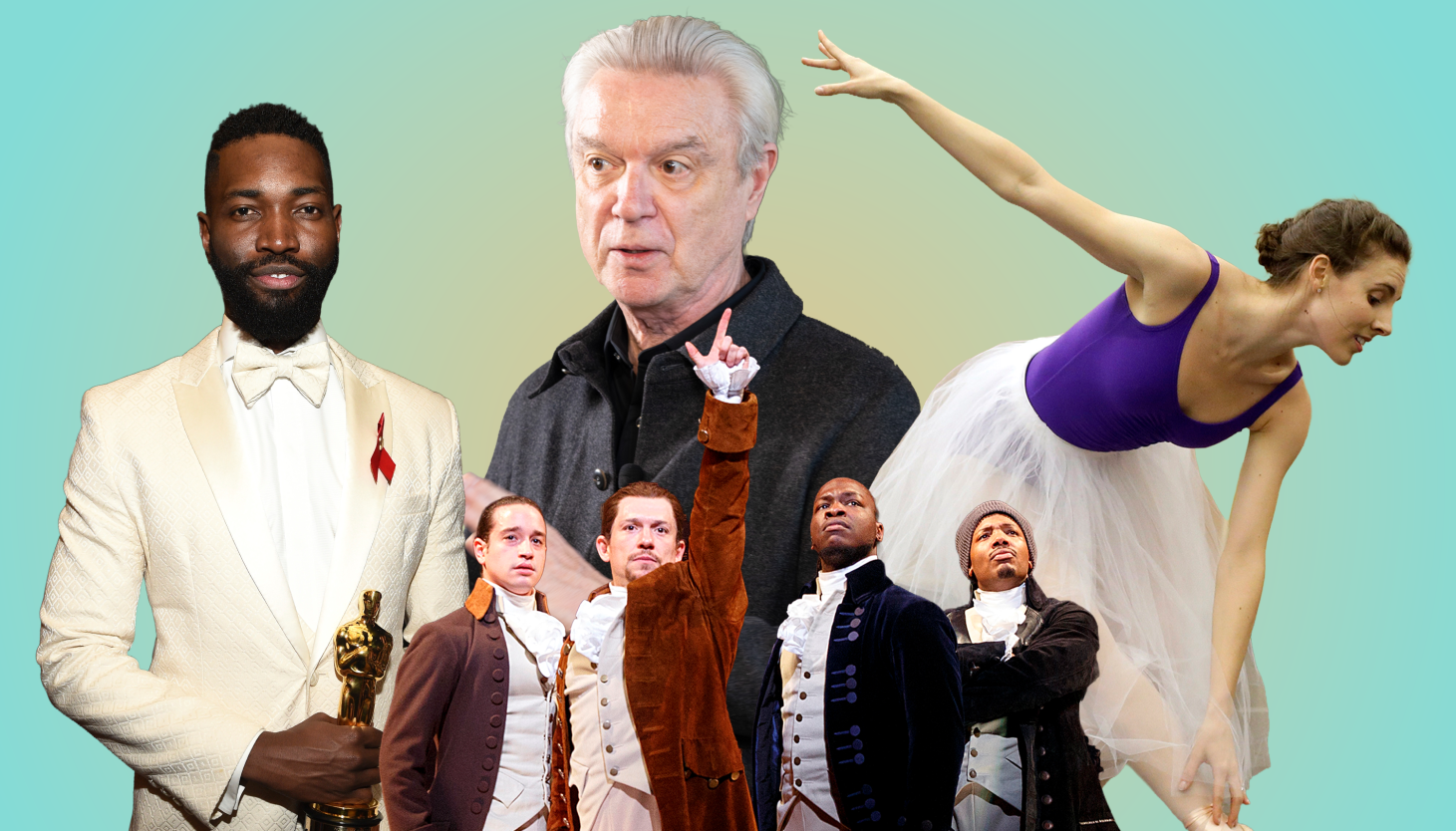…
It may be January, but the search for a summer job in Waterloo region starts now
NewJoe Pavia | CBC News | Posted: January 5, 2026 11:00 AM | Last Updated: Just now
Area cities have opened their job portals for students to apply for…

Another resident, Kevan Hill, said the site was too close to a new housing estate and a community centre for vulnerable adults.
“We’ve had less than a week to object, there are plenty more brownfield sites they can use, why don’t they use that?
“We…

Dr. A. Katie Hill, with the Fairmont Gateway Clinic, will present on travel medicine from 8-9 a.m. Friday (Jan. 9) at the University Town Centre, Rooms 1A and 1B, and on Microsoft Teams.
Hill will discuss the following in a primary…

Monday, January 5, 2026 12:12PM
LOS ANGELES — Actor Mickey Rourke is turning to GoFundMe to pay more than $59,000 in back rent.
According to the Hollywood Reporter, the crowdfunding drive launched on Sunday morning with his full permission.
The…

A Grammy Award-winning soprano and a renowned pianist are bringing recitals to Palm Beach, featuring works by well-known composers.
Angel Blue, a soprano who last year performed the title role in Aida at…

Unlock the Editor’s Digest for free
Roula Khalaf, Editor of the FT, selects her favourite stories in this weekly newsletter.
The fourth series of the BBC’s smash-hit competition series has reached the point at which successful reality shows…

“Hamilton” is not the only big show coming to Chicago this spring. The most Tony Award-nominated play ever, “Stereophonic,”…
NewJoe Pavia | CBC News | Posted: January 5, 2026 11:00 AM | Last Updated: Just now
Area cities have opened their job portals for students to apply for…

Monday, January 5, 2026 11:00AM
LOS ANGELES — Actor Mickey Rourke is turning to GoFundMe to pay more than $59,000 in back rent.
According to the Hollywood Reporter, the crowdfunding drive launched on Sunday morning with his full permission.
The…